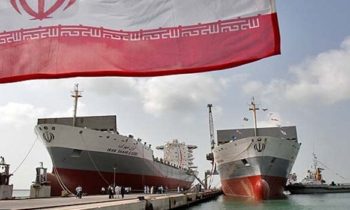 The MoU was signed between the Islamic Republic of Iran Shipping Lines (IRISL) and Norway’s DNV GL certification body in a ceremony in Tehran.
The MoU was signed between the Islamic Republic of Iran Shipping Lines (IRISL) and Norway’s DNV GL certification body in a ceremony in Tehran.
The MoU covers areas of legal inspections for issuing international certificates for Iranian ships which will travel to the European ports and other important ports of the world.
Addressing the ceremony, IRISL Managing Director Mohammad Saeedi expressed the hope that the MoU would pave the way for expediting cooperation between his company and Norway’s DNV GL.
The Norwegian side, for his part, voiced pleasure in signing the MoU, and said, “DNV GL issues international certificates for the world’s shipping lines and has the capacity to render high-quality services to the IRISL.”
In mid-February, Deputy Foreign Minister for American and European Affairs Majid Takht Ravanchi said Iran and Norway are opening a new chapter in ties, particularly in modern technology transfer, finance, and investment.
Speaking at a forum of Iranian-Norwegian investment opportunities and businesses in Oslo, he said after the implementation of the nuclear deal between Iran and world powers there are no longer any restrictions in the way of foreign direct investment, technology transfer and finance in the Iranian market.
“Norway has excellent capacities in shipping, oil, gas, nuclear safety, environment, renewable energies, and finance. Iranian public and private sectors are prepared to sign joint ventures with their Norwegian partners, while acting as a gateway to the region’s growing market,” he added.
This came as Norwegian Foreign Minister Borge Brende in an earlier meeting with Takht Ravanchi had said that Tehran is playing a constructive role in the region, and his country seeks greater cooperation with Iran after the nuclear deal.
“The Islamic Republic of Iran plays a constructive role in the region,” Brende said during the meeting in Oslo.
He underlined that the Norwegian companies’ interest in returning to the Iranian market for joint ventures in light of the July nuclear deal between Tehran and the world powers.

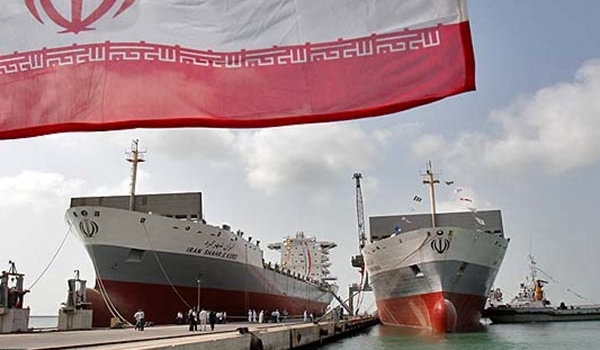
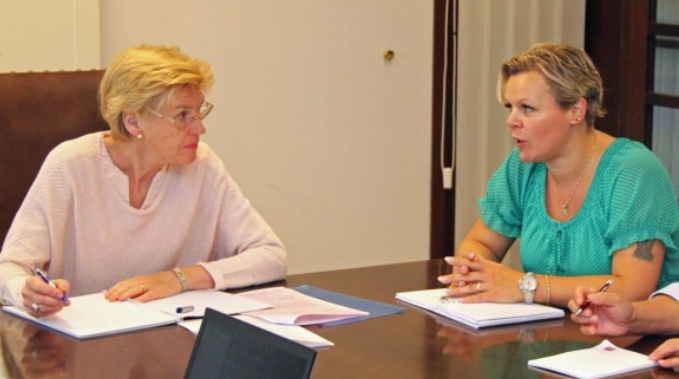
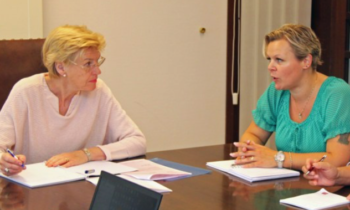 A Norwegian district court has ruled a group of oil workers are entitled to an extra month’s pay, after they were terminated by email.
A Norwegian district court has ruled a group of oil workers are entitled to an extra month’s pay, after they were terminated by email.
 A Qatar Airways flight bound to Doha from Oslo, Norway, made an emergency landing in the Romanian capital of Bucharest yesterday (July 9) due to a fault in one of its engines, said a report.
A Qatar Airways flight bound to Doha from Oslo, Norway, made an emergency landing in the Romanian capital of Bucharest yesterday (July 9) due to a fault in one of its engines, said a report.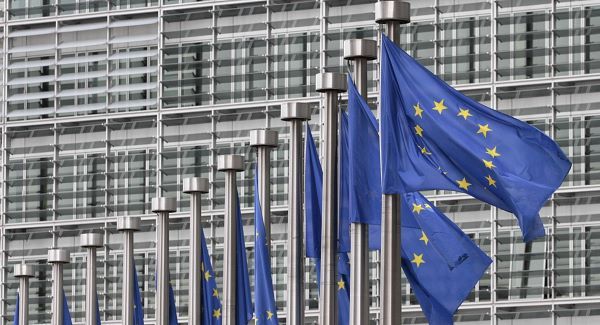
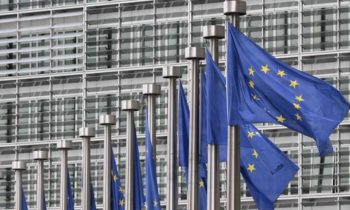 Most British politicians have come to accept the outcome of the Brexit referendum, and that the will of the voters must now be carried out in a manner that best upholds Britain’s national interests. Because the EU’s internal market has always been a key priority for the UK, one widely discussed option, which has cross-party support, is the so-called Norway model: membership in the European Economic Area (EEA).
Most British politicians have come to accept the outcome of the Brexit referendum, and that the will of the voters must now be carried out in a manner that best upholds Britain’s national interests. Because the EU’s internal market has always been a key priority for the UK, one widely discussed option, which has cross-party support, is the so-called Norway model: membership in the European Economic Area (EEA).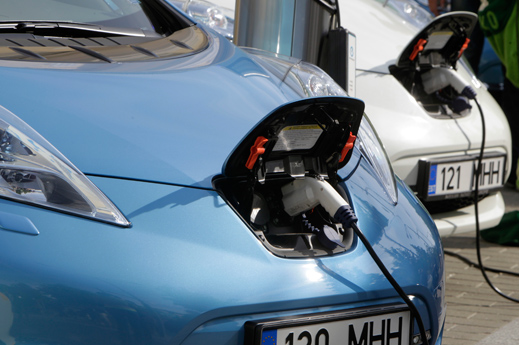
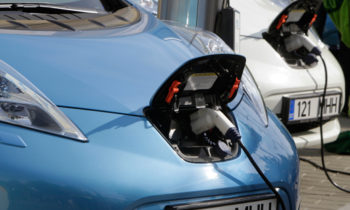 The total share of chargeable cars in Norway is continuously increasing, showing yet again how much the Norwegians appreciate their battery driven cars.
The total share of chargeable cars in Norway is continuously increasing, showing yet again how much the Norwegians appreciate their battery driven cars.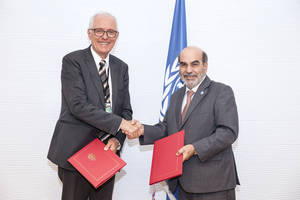
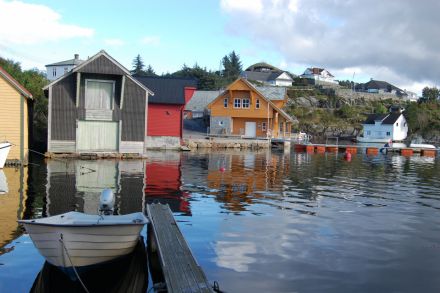
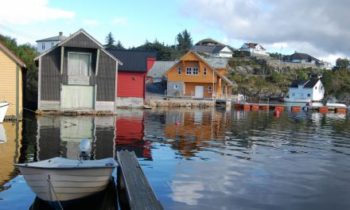 Norway’s property boom doesn’t look like ending any time soon. According to Real Estate Norway, average prices have increased by 7.3 percent over the past year – and as much as 13.4 percent in the capital Oslo. The association has lifted its previous predictions by a twofold and now expects nationwide prices to end 7-8 percent up in 2016.
Norway’s property boom doesn’t look like ending any time soon. According to Real Estate Norway, average prices have increased by 7.3 percent over the past year – and as much as 13.4 percent in the capital Oslo. The association has lifted its previous predictions by a twofold and now expects nationwide prices to end 7-8 percent up in 2016.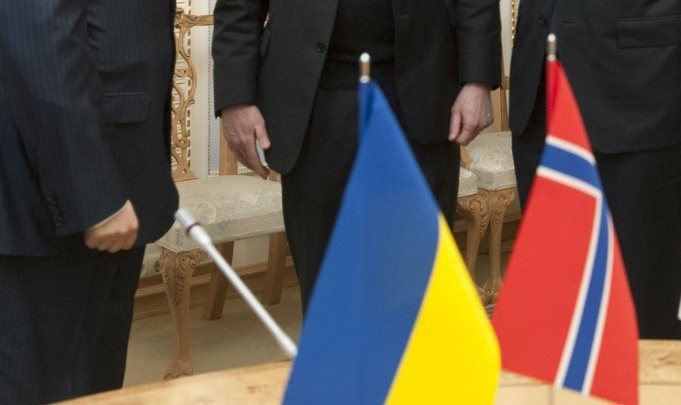
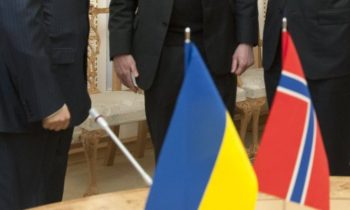

 A 34-year-old Swedish businessman based in Oslo is facing trial in Norway accused of sexually abusing a 13-year-old girl in Thailand for several years – including making her pregnant.
A 34-year-old Swedish businessman based in Oslo is facing trial in Norway accused of sexually abusing a 13-year-old girl in Thailand for several years – including making her pregnant.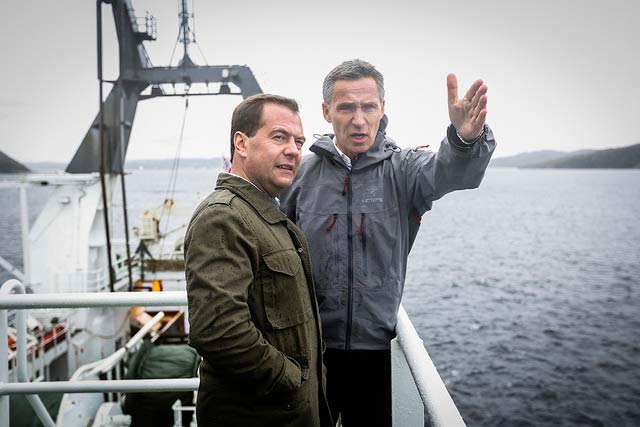
 It is likely that Norwegian troops will be stationed in Lithuania early in 2017 to join in NATO’s fortified line of defense against Russia.
It is likely that Norwegian troops will be stationed in Lithuania early in 2017 to join in NATO’s fortified line of defense against Russia.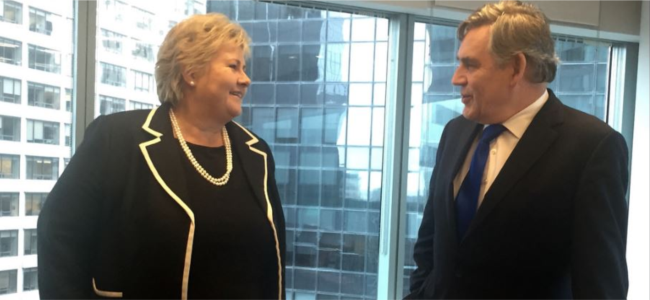
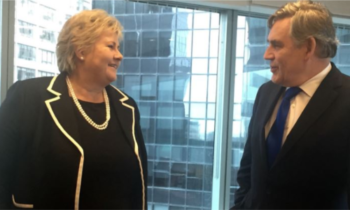 For the first time in history we can succeed in providing education for all children and young people. If we put education first, we will gain multiple benefits in terms of development and prosperity.
For the first time in history we can succeed in providing education for all children and young people. If we put education first, we will gain multiple benefits in terms of development and prosperity.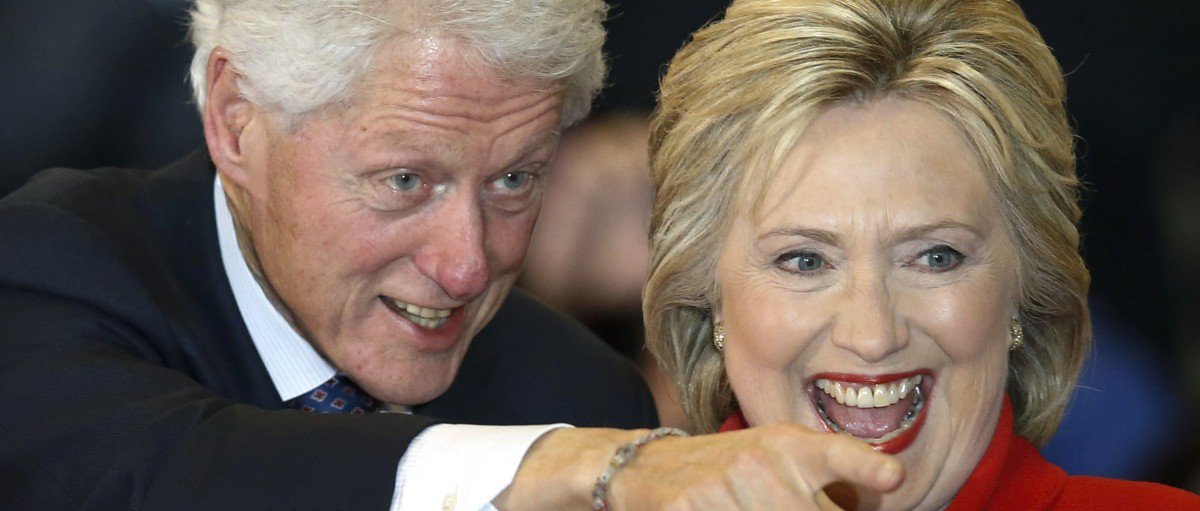
 The Norwegian government has allegedly tried to hide millions of dollars in contributions to the Clinton Foundation spread out over eight years.
The Norwegian government has allegedly tried to hide millions of dollars in contributions to the Clinton Foundation spread out over eight years.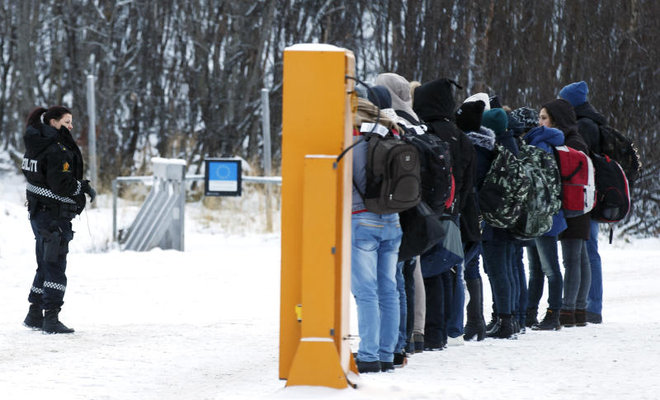
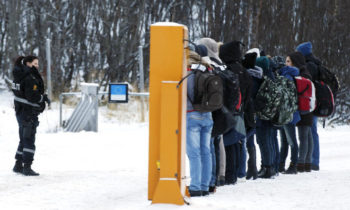 As most European countries grapple with stopping unwarranted and at times suspicious asylum seekers from flocking to their territories,Norway has come up with a new legislation meant to solve that problem.
As most European countries grapple with stopping unwarranted and at times suspicious asylum seekers from flocking to their territories,Norway has come up with a new legislation meant to solve that problem.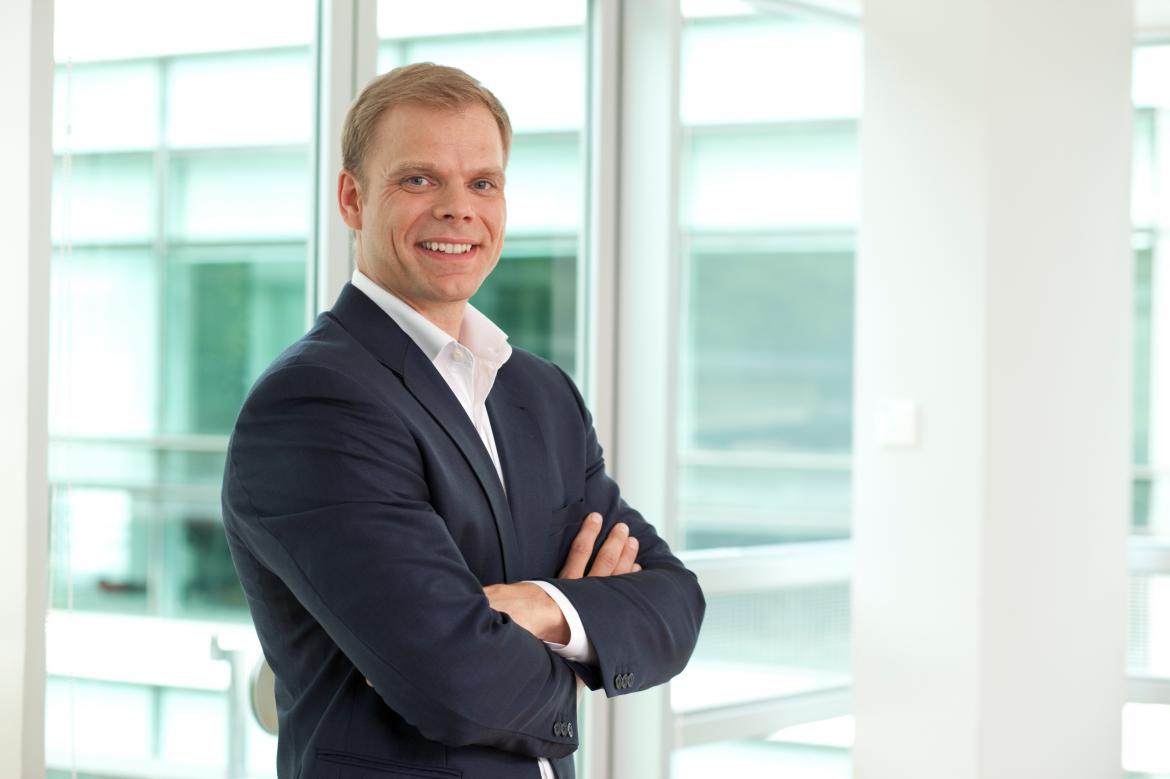
 Mr Lars Erik Tellmann, a member of the Telenor Myanmar team since it established operations in 2013, has been appointed chief executive officer to succeed Mr Petter Furberg, the Norway-based company said on July 5.
Mr Lars Erik Tellmann, a member of the Telenor Myanmar team since it established operations in 2013, has been appointed chief executive officer to succeed Mr Petter Furberg, the Norway-based company said on July 5.
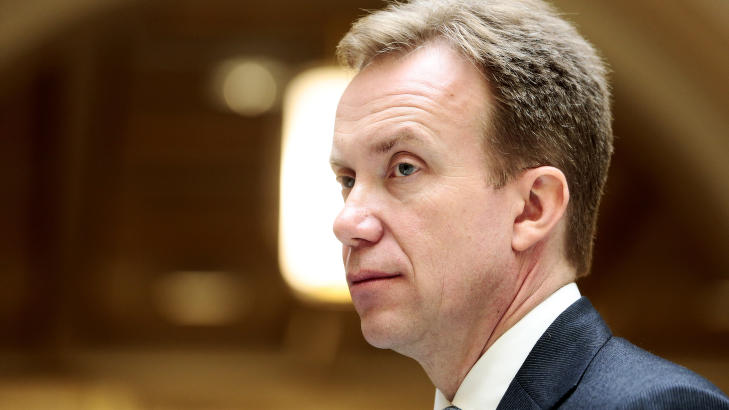
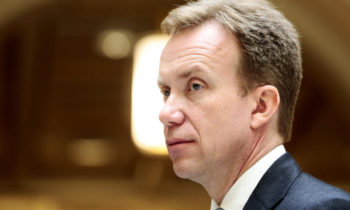 Foreign Minister Børge Brende has condemned the terrorist attack in Baghdad late on Saturday in the strongest possible terms. It appears to have been planned to kill and injure as many civilians as possible. This was the bloodiest of many acts of terrorism in Iraq this year.
Foreign Minister Børge Brende has condemned the terrorist attack in Baghdad late on Saturday in the strongest possible terms. It appears to have been planned to kill and injure as many civilians as possible. This was the bloodiest of many acts of terrorism in Iraq this year.
 Today the Ministry of Petroleum and Energy presents the feasibility study report on full-scale carbon capture, transport and storage (CCS) in Norway.
Today the Ministry of Petroleum and Energy presents the feasibility study report on full-scale carbon capture, transport and storage (CCS) in Norway.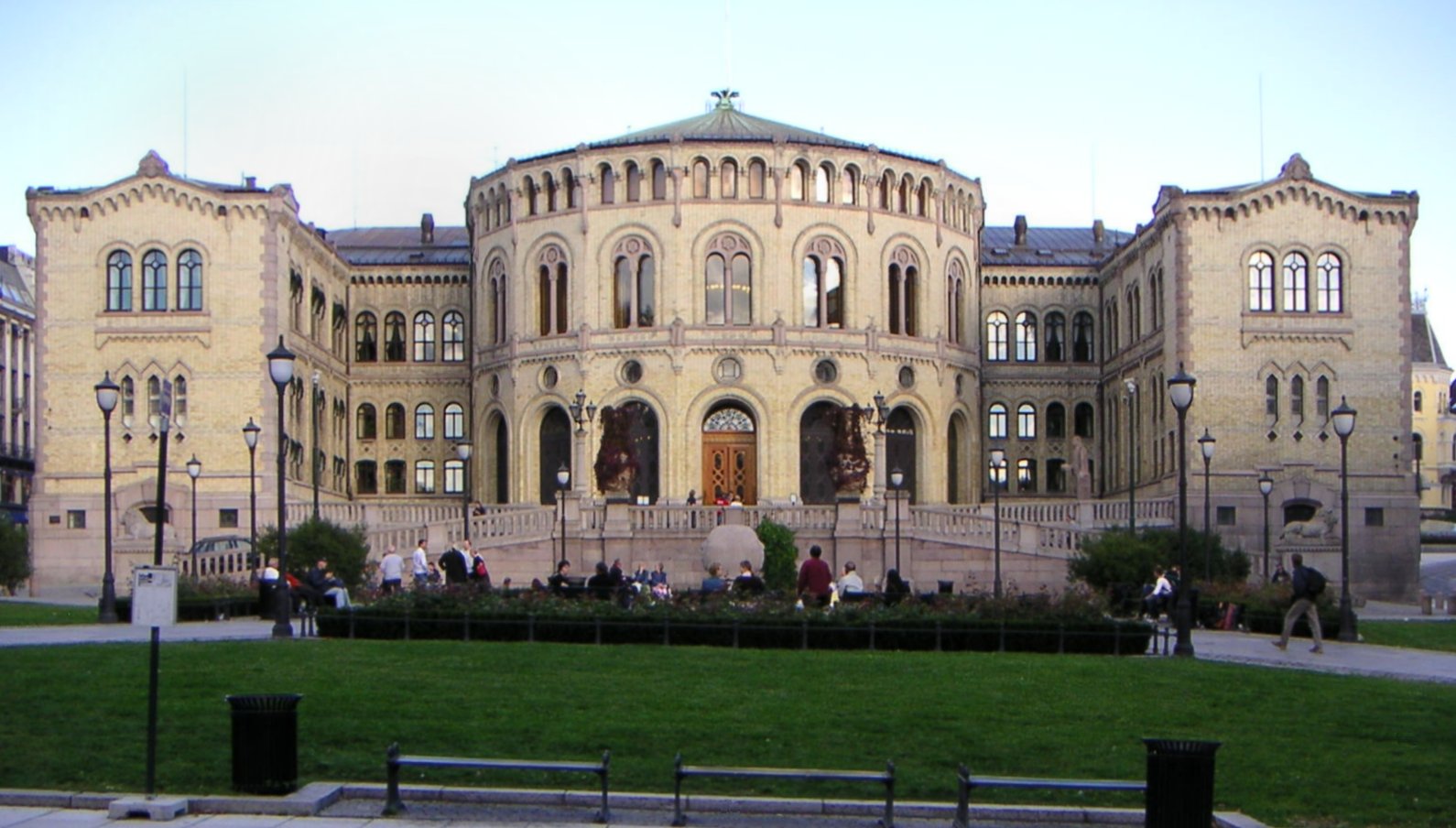
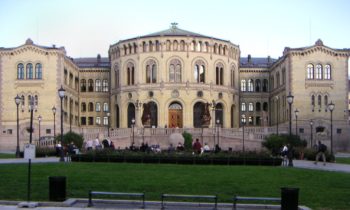

 The Abu Sayyaf has announced that it will be beheading its hostage, Norwegian Kjartan Sekkingstad, if Presidential Peace Adviser Jesus Dureza insists on the non-payment of ransom.
The Abu Sayyaf has announced that it will be beheading its hostage, Norwegian Kjartan Sekkingstad, if Presidential Peace Adviser Jesus Dureza insists on the non-payment of ransom.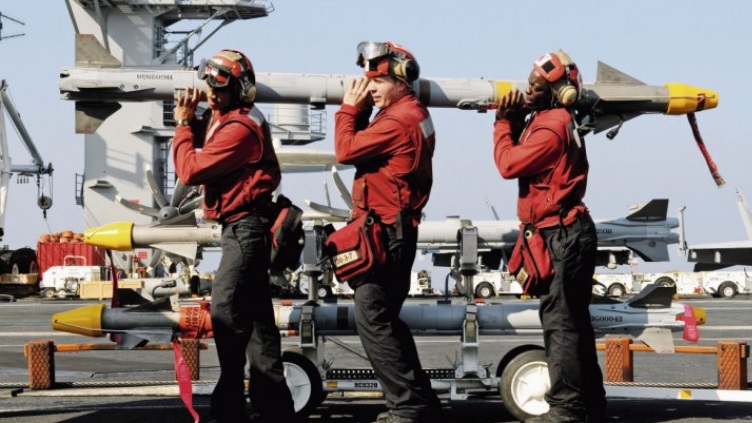
 Norway and the Republic of China (Taiwan) are to become the latest nations to upgrade their Raytheon Sidewinder air-to-air missile (AAM) stocks to the latest AIM-9X Block II standard, a US Department of Defense (DoD) contract notification has revealed.
Norway and the Republic of China (Taiwan) are to become the latest nations to upgrade their Raytheon Sidewinder air-to-air missile (AAM) stocks to the latest AIM-9X Block II standard, a US Department of Defense (DoD) contract notification has revealed.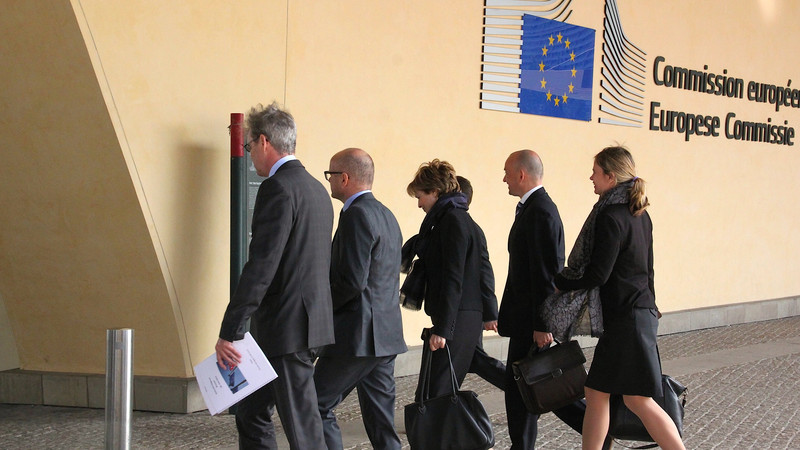
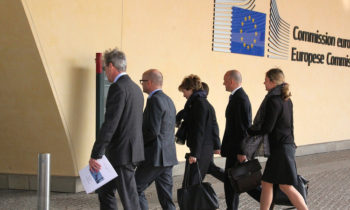 Norway is far from enthusiastic about the prospect of the UK remaining a member of the EEA via EFTA.
Norway is far from enthusiastic about the prospect of the UK remaining a member of the EEA via EFTA.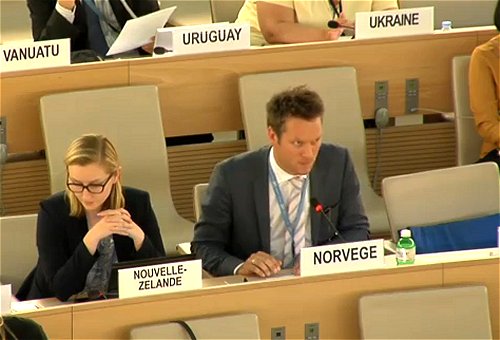
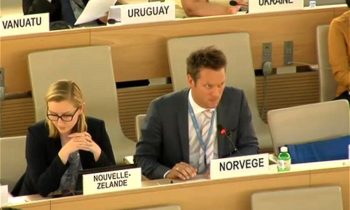 While acknowledging Sri Lanka’s progress that has taken place in implementing the resolution since its adoption in October last year, Norway called on the government of Sri Lanka to adhere to the resolution and include international judges and lawyers in the recommended judicial mechanism to investigate the allegations of war crimes.
While acknowledging Sri Lanka’s progress that has taken place in implementing the resolution since its adoption in October last year, Norway called on the government of Sri Lanka to adhere to the resolution and include international judges and lawyers in the recommended judicial mechanism to investigate the allegations of war crimes.
 The Iraqi asylum seekers deported from Iceland earlier this week are now in Norwegian jail, and will soon be sent back to Iraq. President-elect Guðni Th. Jóhannesson has expressed his disapproval of the deportation, and it has come to light that police are arresting and escorting an average of five asylum seekers a week out of the country in this year alone.
The Iraqi asylum seekers deported from Iceland earlier this week are now in Norwegian jail, and will soon be sent back to Iraq. President-elect Guðni Th. Jóhannesson has expressed his disapproval of the deportation, and it has come to light that police are arresting and escorting an average of five asylum seekers a week out of the country in this year alone.